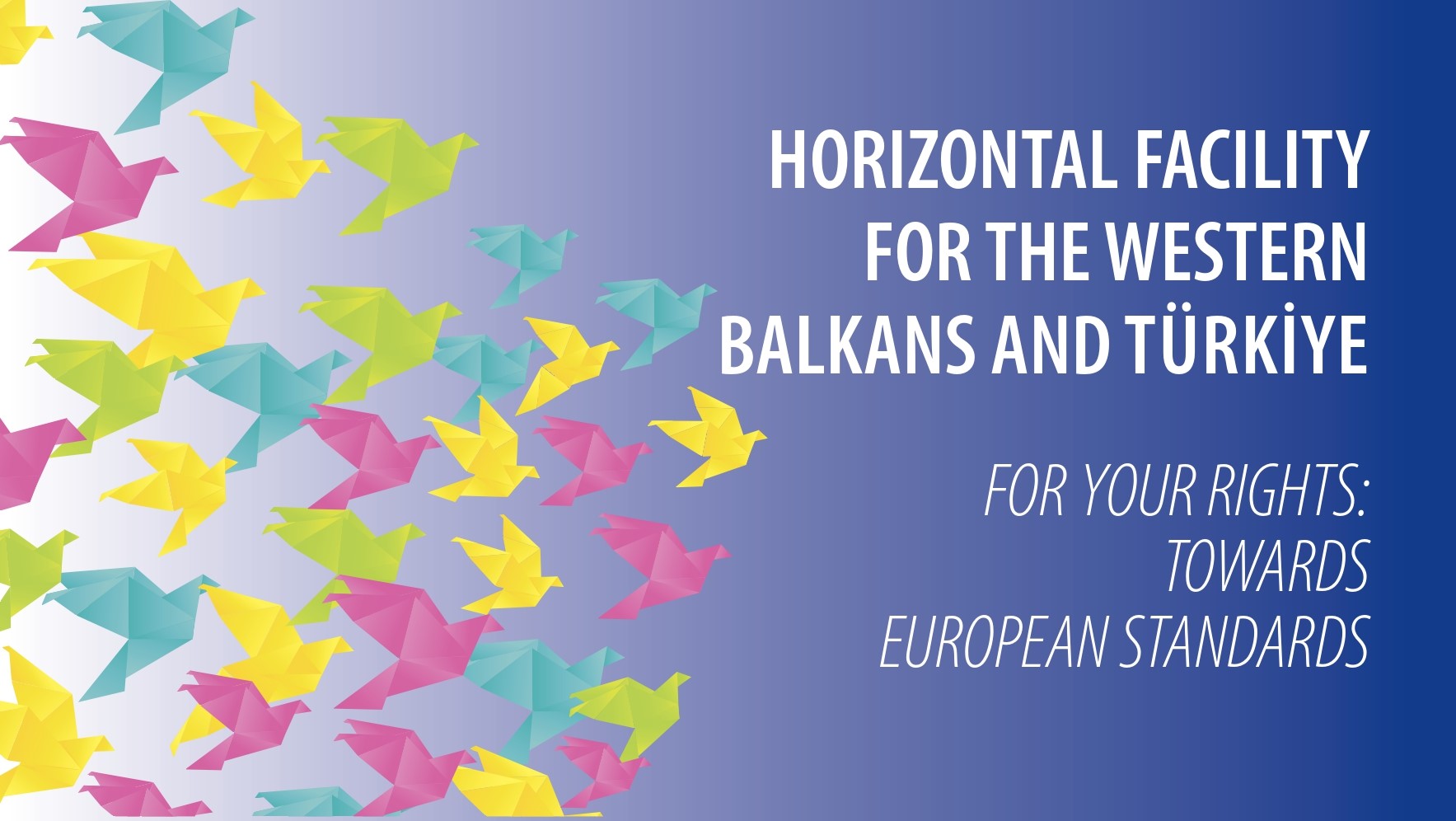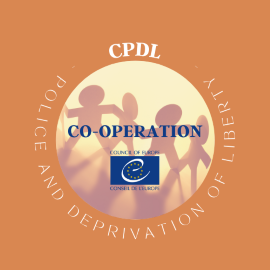Alternative sanctions and measures for violent extremist offenders in Bosnia and Herzegovina: assessing the opportunities and challenges

Why use alternative sanctions and measures for violent extremist offenders (VEOs)? Why establish probation service for VEOs in Bosnia and Herzegovina? How would probation regime benefit inmates, including VEOs belonging to vulnerable categories and women? What pre-conditions should be met to establish a probation service? What is the role of the local community social welfare system? What are the advantages of a holistic approach to community sanctions and measures? These and other questions were discussed during the Workshop on community sanctions and measures for VEOs in Bosnia and Herzegovina, held on 19 November 2024 in Jahorina. Following a baseline assessment of the current legislative and institutional framework related to the application of alternative sanctions and measures for VEOs with an emphasis on women, representatives of three Ministries of Justice in Bosnia and Herzegovina, Ministry of Security of Bosnia and Herzegovina, Court of Bosnia and Herzegovina, local social and mental health care services got acquainted with its findings and recommendations as well as with the Council of Europe and other international standards and good EU practices. The participants also shared insights on the current state of play and plans in relation to the legislative and institutional framework and reflected on their practical experience working with returnees from conflict zones, in particular women, namely from the judicial, security, social, psychological and punitive perspectives. Furthermore, they discussed the possibilities of using alternative sanctions and measures in respect of vulnerable categories, including women VEOs, once the legislative and institutional framework is established, and expanded their knowledge on how the alternative sanction through work in the public interest is functioning in Republika Srpska. The participants agreed that Bosnia and Herzegovina need a probation system for VEOs, while the legislative framework and the roles of institutions should reflect the local context and experience gained in managing returnees from conflict zones. The participants underlined that a probation service system for VEOs in Bosnia and Herzegovina is of particular importance for reintegration and rehabilitation, and execution of criminal sections, when it comes to vulnerable categories of prisoners, including women VEOs. Moreover, they emphasised the paramount importance of a holistic approach towards support provided to women returnees and their children, which has already proven successful in several cases in the country. The Workshop was held under the auspices of the Regional Action “Enhancing co-operation in the Western Balkans in managing violent extremism in prisons and preventing further radicalisation after release”, and the Horizontal Facility Programme III.



